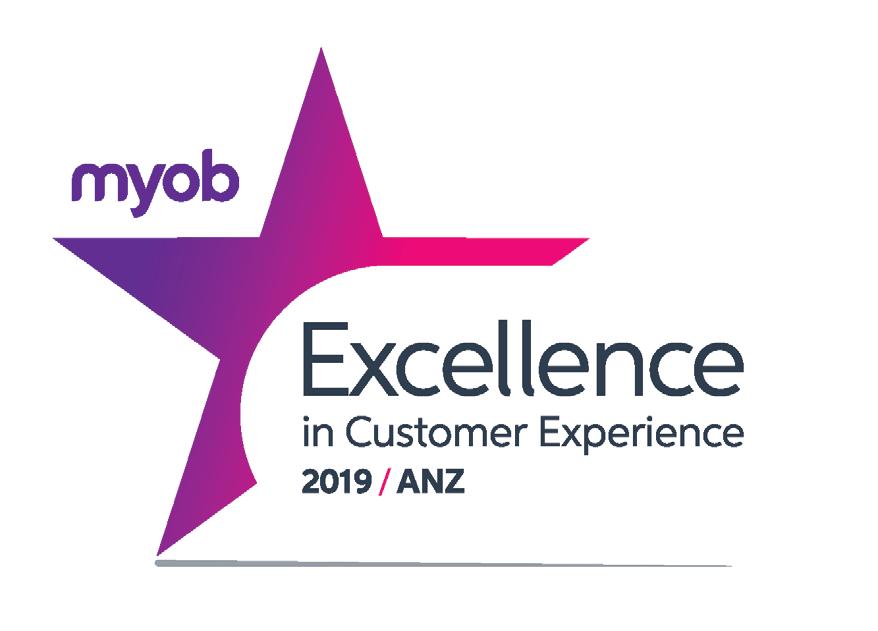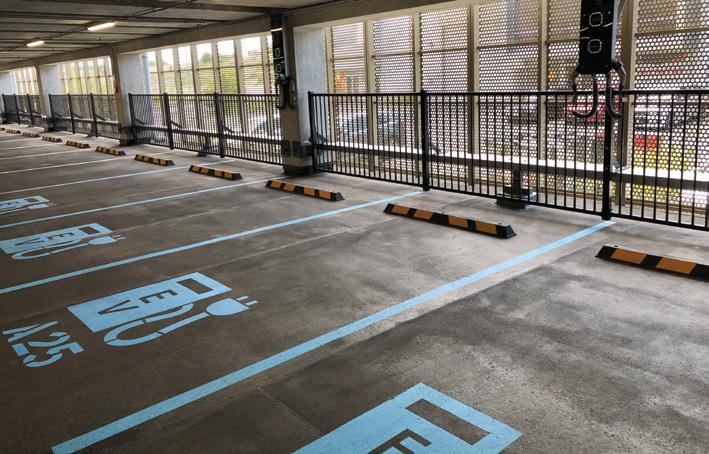
3 minute read
Crime Prevention
from FYI March 2021
Don’t let the scammers get their hooks in you
These are my first comments since the start of the new year, and so much has happened in just a couple of months.
I wanted to discuss crime prevention in respect of fraud, something that has been topical in recent months and something that we all need to be aware of.
Our access to the Internet has never been so easy. The use of mobile devices is brilliant and makes life so much more convenient. But, as with most things, there is a negative aspect to this convenience: crime.
Specifically, we’re talking about fraud committed by tech savvy criminals looking to prey on us, using a moment’s lapse of concentration to gain access to our bank accounts and personal details. Both private individuals and companies are targets for these offenders.
There are a couple of terms that you will have heard in the media: Phishing: e-mails purporting to have been sent by banks or reputable companies asking for you to click on a link contained within the email. These e-mails will claim that out of urgency you need to “click the link”. The messages and requests are fictitious, and these links are designed to harvest your banking credentials and personal information. Smishing: the same as phishing but the fictitious request is sent via text message. Again, these texts containing links that, if clicked on, will allow the offenders to harvest your banking and personal information.
Once the offenders have access to your information, they will transfer funds from your accounts to third party accounts in New Zealand or overseas. Remember: your bank will never ask you to supply personal information such as login
Your bank will never ask you to supply personal information such as login codes or PIN numbers via email or text.
codes or PIN numbers via email or text. If you have clicked on a link or you think your details may have been compromised, you need to contact your bank immediately.
This type of crime is on the rise and can obviously have a dramatic impact on you, your business and your whānau.
As always, prevention is far better than the cure. Please take simple steps to protect yourself by thinking carefully about requests for information, and always call your bank if you receive such an e-mail or text message.
Your bank can also provide you with more specific prevention advice and answer any further questions you may have.
Senior Sergeant Scott Cunningham Area Youth & Communities Manager Waitemata East Area | Waitematā District 021 191 4421 scott.cunningham@police.govt.nz Waitemata East Area HQ, 52 Parkway Drive, Mairangi Bay, Auckland www.police.govt.nz
Update from Dave Loader, Business North Harbour’s crime prevention specialist

I am pleased to say that, following our meetings with the North Shore Police, the Christmas and New Year period saw very little crime being reported from our members during this vulnerable time of the year when most businesses are closed. Likewise, Armourguard’s nightly security patrols, which are contracted by Business North Harbour (BNH), had no major incidents to record or deal with.
While there were a few reported incidents related to vehicle crime and shoplifting, the overall results of providing a nightly security presence, along with the police and community patrols, meant our business area didn’t suffer from unacceptable numbers of incidents.
We encourage businesses to remain vigilant and to please get in touch if you require any additional support (for example, to enquire about anti-theft number plate screws for fleet and staff vehicles). For more information about this and other BNH safety and security initiatives, go to businessnh.org.nz/safer-business










